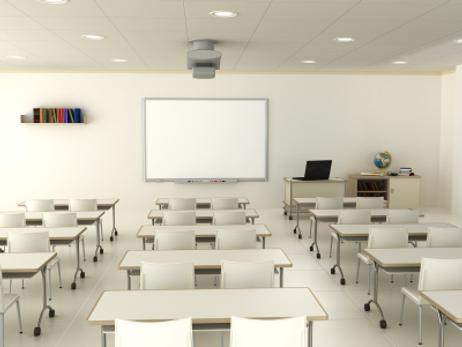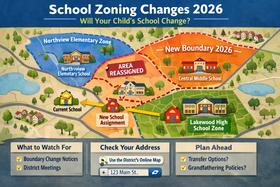Social media has become a prevalent component of today’s society, shaping relationships on both a professional and personal level. Unfortunately, the advent of social websites did not come equipped with a handbook to guide users with ethical boundaries in the use of these media outlets. Instead, this job has been a reactive one, left to whoever might see potentially offensive posts and take the necessary steps to discipline those responsible. In the case of students, that job is often taken on by the public school system – much to the chagrin of many who believe the line between public school and private life must remain strong and consistent.
This video from PBS looks at the issue of schools and social media.
According to a recent article at , the age of the Internet is forcing many to reexamine constitutional liberties – primarily those protected under the First Amendment. Public schools have been flung directly into the fray, as they attempt to make the distinction between a student’s private life and the impact of the choices they make outside of school on the school environment overall. Currently, a number of questions have arisen over the use of social media by both students and teachers. Three cases, in particular, have forced public school officials, and even the court system, to take a second look at what constitutes “appropriate” behavior on social websites.
School






















